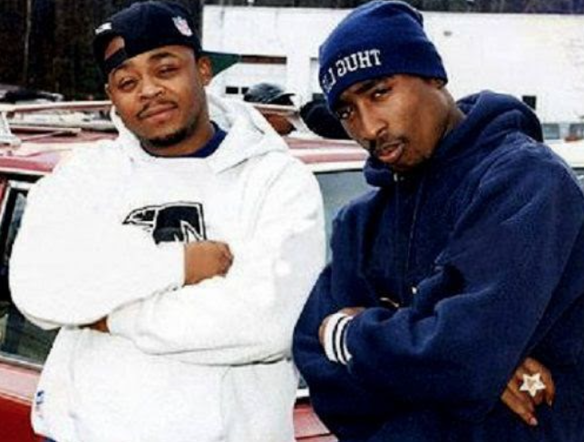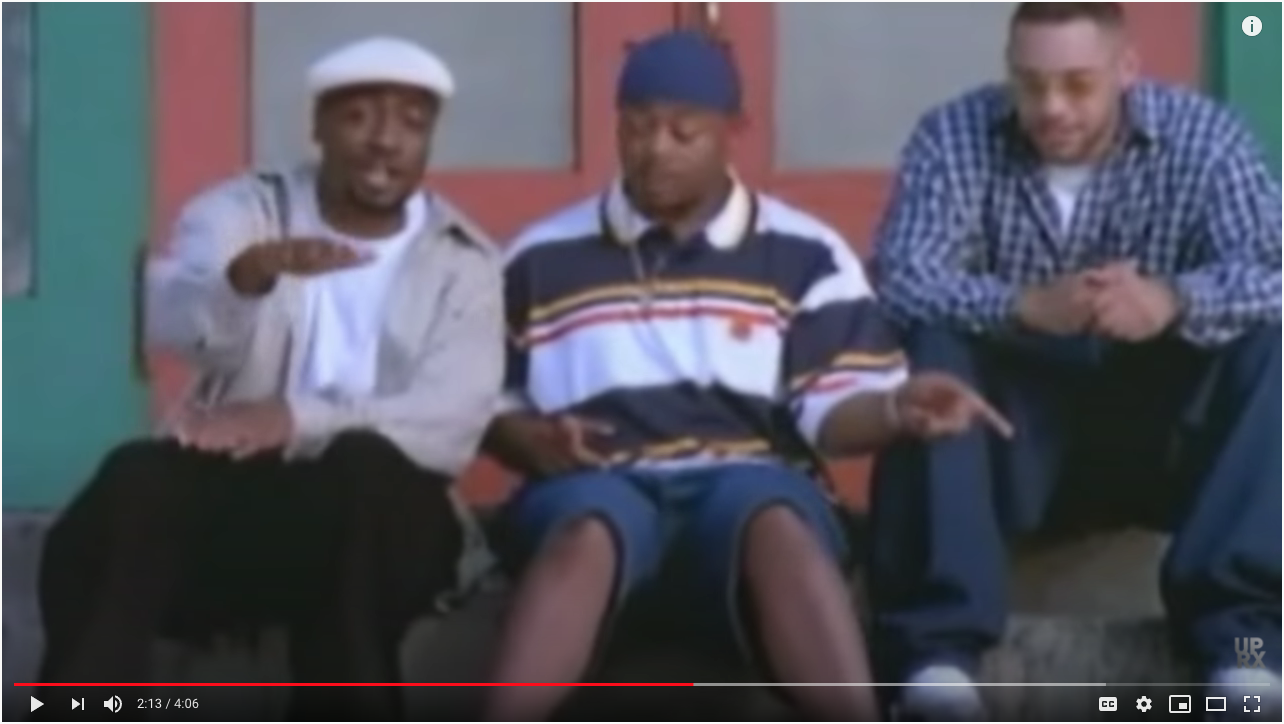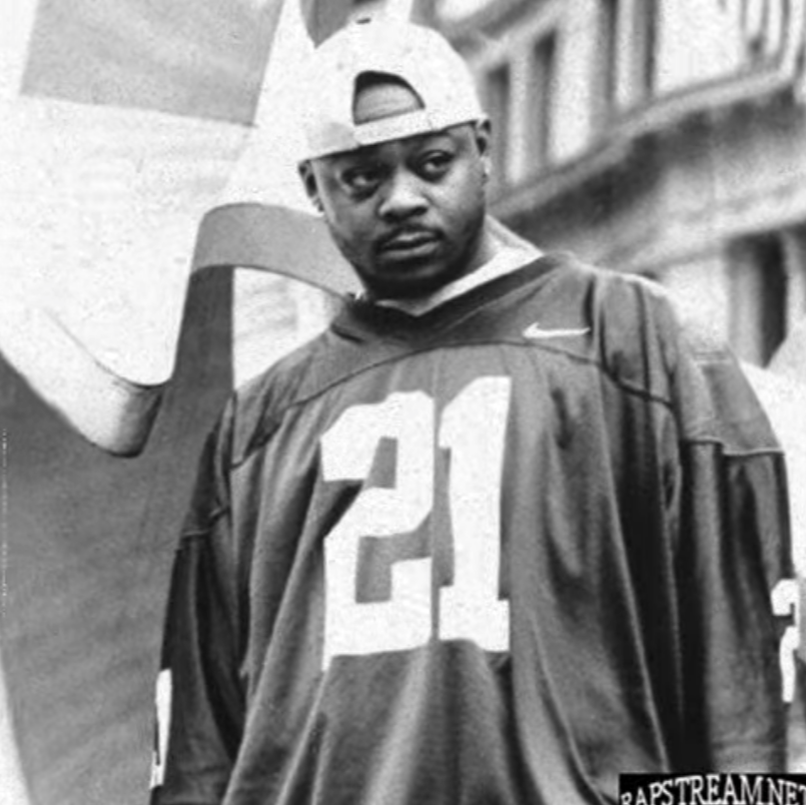M.C. Breed
|
Eric Breed aka "M.C. Breed" (June 12, 1971 – Nov 22, 2008)
Rapper, Producer M.C. Breed was born Eric Breed in Flint, “a city/with no pity”, in 1971. and was the first commercially successful rapper out of the Midwest, when he exploded onto the scene with his first hit, Ain't No Future in Yo' Frontin', when he was just 19 years old. Breed’s sound was a unique blend of West Coast funk drum tracks and East Coast synthesizers, to create a sound that was uniquely Midwestern and uniquely Flint. Ira “Bootleg” Dorsey, another Flint rap legend and member of The Dayton Family, remembered him in a recent documentary called Breed and Bootleg, “He [M.C. Breed] probably paved the way for Nelly, Eminem, Dayton Family and other groups in the area. He worked with a lot of them, too.” Listen to "Ain't no future in Yo Frontin" |
|
Ain’t No Future in Yo Frontin’ reached #66 on Billboard Hot 100 and drew the attention of West Coast rapper 2pac. Breed and 2pac became close friends after he moved from Flint to Atlanta. Breed’s home studio became a hotbed for local talent, where emerging producers, like Jazze Pha, and established stars, like Too $hort and 2pac, would gather to play video games and record music. “If you took Breed out of the equation, there are many careers that would never would have happened,” Too Short said in an interview. M.C. Breed collaborated with many of these artists and released the song Gotta Get Mine with 2pac, which instantly went Gold. On later albums, Mr. Breed moved toward a funk-driven sound similar to Los Angeles gangster rap. On his 1993 album, The New Breed, he worked with the West Coast rap pioneer, The D.O.C.
By the end of the 1990s, Breed’s albums began to be less and less popular. Big Baller (1995) and It’s All Good (1999) were the last albums of his to chart, though he never stopped making music, releasing underground records all through the 2000s. In the liner notes for one of Breed’s last studio albums, The Fharmicist (2004), an upcoming collaboration with Bootleg from The Dayton Family is listed as a project called, ‘Flintstones’. Unfortunately, the start-up Detroit-based record label that produced the album folded soon after and the project was never realized. M.C. Breed also struggled as he burned through his wealth. Breed’s widow and mother to one of his daughters stated in the documentary, Breed and Bootleg, that Breed had the biggest heart and would give money to any friend or family member who asked. Breed was also a victim of unscrupulous record labels and companies who regularly took advantage of new talent. Trouble came when he didn’t save enough for himself, as he spiraled into drug addiction and fell behind on multiple child support payments. Breed spent a year in jail, in 2006, for failing to pay $200,000 in back child support, and was arrested in Flint in 2008, for the same charge following an autograph signing. Breed knew he was in trouble. He spent two days on life support after collapsing on a basketball court in August. At the end of November in 2008, Flint rap legend M.C. Breed passed away from kidney failure. Years of struggling with drug addiction and stress from legal issues had caught up to him, and he died at the age of 37, in his sleep, at a friend’s home, in Ypsilanti. At the time of his death, he was preparing a new album, which was a dramatic departure from his gangsta rap past. Breed said in September of 2008, that the album was halfway done and he had reached out to many of his old connections to feature on the album. According to MLive.com, Breed had recorded his last song two days before his death, called Everyday I Wait, and featured Outlawz. M.C. Breed is survived by his parents, Roy LeEster and Willie Breed and his siblings, and his five children, Kiara Monique, Erica Ariel, Alexis Cymone (Lexi Breed), Marco Chene, and Eric Jalen, and his long time partner Natasha Breed. Suggested Links:
Documentary Breed and Bootleg MC Breed - NYT Obituary Lexi Breed, Ain’t No Future in Yo Frontin’ Tribute to MC Breed Written by Colleen A. Marquis
About Colleen: She is an archivist at the University of Michigan-Flint, in the Francis Willson Thompson Library. She is also a board member of the GCHS, serving as the Archivist. |
|














